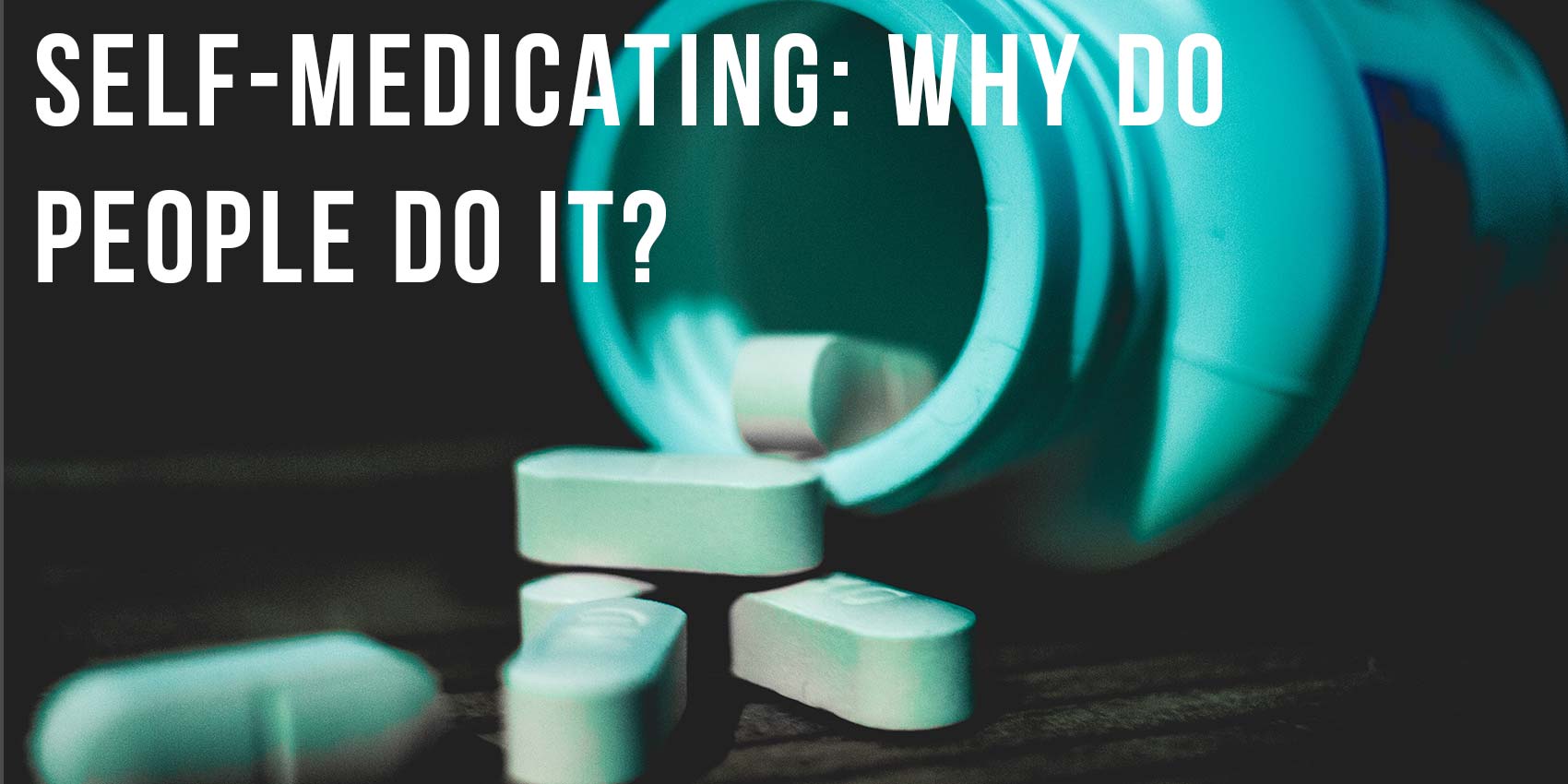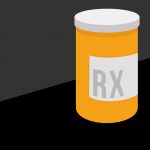13 Nov Self-medicating: why do people do it?

Unfortunately, today, many people are sad, in pain, anxious, stressed and feeling unworthy like never before. And they are reaching for anything to help them both numb the pain they feel and to add some joy to their lives. So sometimes, they turn to drugs.
When a person has a mood disorder, turning to prescribed medications or homeopathic remedies is a positive thing. (Often, these treatments are in coordination with eating well, exercise and seeing a therapist.) But sometimes, people rely solely on the medications to get better. Other times, they don’t actually have a mood disorder. They aren’t happy, want to escape their pain, and so they find that escape in drugs—either illegal ones (please read the post, Drugs In General, to learn more about that) or prescription medications given to them by their doctors. When they are prescribed, people falsely believe the medications are safe. The correct dosage may be safe physically, but no one is ever safe from developing an addiction.
Most important, when people turn to drugs to help them manage issues, rather than learning other tools and strategies to manage life issues, things can get worse, not better. Because as people try to numb the bad feelings, they end up doing more damage. How?
You can’t just numb one small part of your life. When you numb, you numb all over. You begin to check out. The pain may fade but so does the joy. Life becomes dull. This is not what people think will happen. People think they can selectively numb a bad thing or feeling in their lives, but they can’t. When you numb, you numb all over. (Yes, we repeated that sentence because it’s a really important point!)
Better ways exist to manage tough feelings. For starters, you can see a doctor or professional to obtain (meaning to receive) help with those feelings. As you begin to recognize what is making you feel sad, angry or stressed, you begin to take more control. Here are some ideas: Read the Your Self Series books sold on this website. See a counselor at school or in private practice. Talk to your parents. Confide in a friend. Talking about your feelings helps you to understand them. Understanding your thoughts and feelings is the first step to managing your situation.
For instance, research studies show that talk therapy combined with medication is the best way to treat mood disorders. People who struggle with mood disorders may take prescribed antidepressants to feel better. They then also enter therapy to uncover the source of their sadness and manage it. Through medication and talk therapy, people begin to feel better.
If ever you are prescribed a medication for mood or for pain, make sure that you continually consult with your doctor about your progress and be on alert for signs of addiction. Medications help you to get your “train on the tracks” (see Bonus YSS sub-post in Suicide: Is your train on the tracks) but once you are back on track, they may not be necessary (although sometimes they will, but a doctor will know when).
If you have been prescribed any type of medication for your mood or something like ADHD, find out exactly why you have been prescribed the medication and what your short- and long-term goals are. For example, what improvements can you expect? What are the risks? What else is part of your treatment plan: Therapy? Nutrition changes? Skill building? Exercise? There are important questions to plan your treatment goals. Working with a professional on these goals is a very good idea.
Like any drug, don’t take medications blindly. Be responsible and be a part of your own treatment plan.




Post Question:
Which would you try first if you are feeling sad or anxious—self-medicate, talk to a professional (or trusted adult), change your eating and exercise routine?
Answer the post question here
What's being said